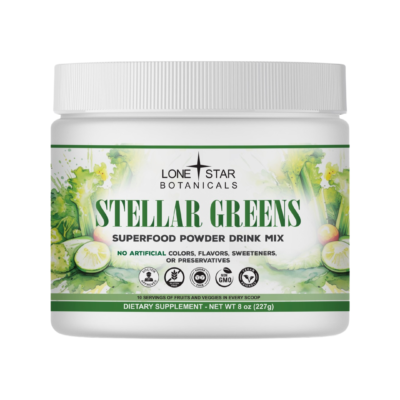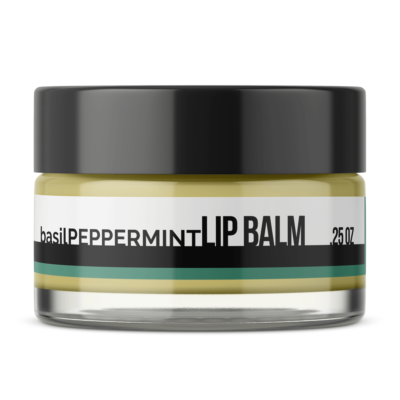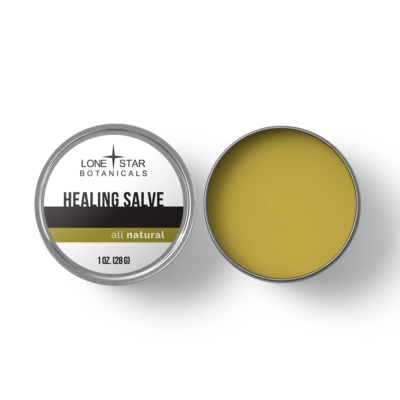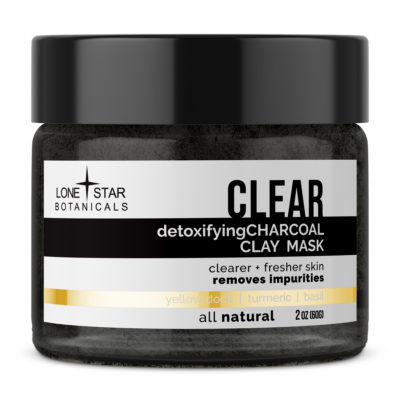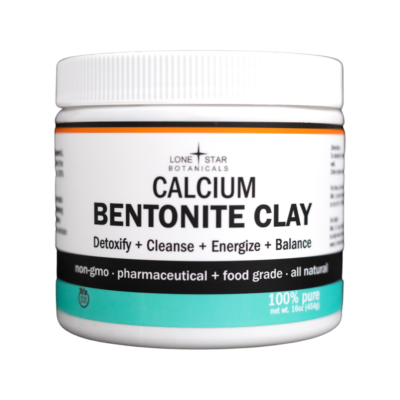Turmeric is a spice that has been used in Indian and Chinese traditional medicine for centuries. It has gained popularity over the years due to its numerous health benefits, including its anti-inflammatory and antioxidant properties. The spice is derived from the rhizome of the turmeric plant, a relative of ginger, and is known for its deep golden-orange color. In this comprehensive guide, we will explore the science behind turmeric and its benefits, including its potential to protect against Alzheimer’s disease, its ability to relieve arthritis pain, its positive effects on brain health, its mood-enhancing properties, and its potential to reduce inflammation and stress.
 What is Turmeric?
What is Turmeric?
Turmeric is a spice that comes from the turmeric plant, which is native to Southeast Asia. It has been used for thousands of years in traditional Ayurvedic and Chinese medicine to treat a variety of health conditions. Turmeric contains a natural compound called curcumin, which is responsible for many of its health benefits.
Potential Protection Against Alzheimer’s Disease
Alzheimer’s disease is a neurodegenerative disorder that is characterized by a buildup of beta-amyloid plaques in the brain. Curcumin, the active ingredient in turmeric, has been shown to prevent the formation of these plaques and encourage their breakup. Additionally, curcumin has been shown to help clear away another suspect protein called tau that collects inside the neurons and is also implicated in causing Alzheimer’s disease.
While research is mixed, some studies suggest that curcumin may help slow cognitive decline in Alzheimer’s patients. However, more research is needed to fully understand the effects of turmeric on Alzheimer’s disease.
Relief for Arthritis Pain
Arthritis is a common condition characterized by joint inflammation and pain. Turmeric has been shown to reduce joint inflammation and pain, making it a potential alternative to traditional pain relievers such as aspirin and ibuprofen. Unlike these drugs, turmeric has not been found to have any gastrointestinal side effects.
Improved Brain Health
Curcumin has been shown to benefit the brain in numerous ways. It is a powerful antioxidant and anti-inflammatory agent, which may help prevent or reduce the symptoms of neurodegenerative diseases such as dementia, Huntington’s disease, multiple sclerosis, and Parkinson’s disease.
Mood Enhancement
Curcumin has been shown to benefit mood by increasing brain-derived neurotrophic factor, a protein that keeps neuronal cells healthy. While research is limited, some studies suggest that curcumin may reduce major depression and anxiety.
Protection Against Inflammation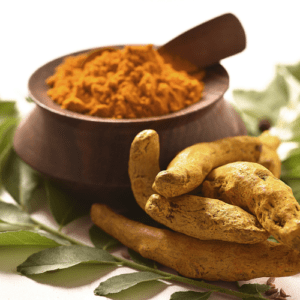
Chronic inflammation and oxidative stress are underlying factors in many serious diseases, including heart disease and diabetes. Turmeric’s antioxidant and anti-inflammatory properties may provide some protection against the development of these illnesses. Research also suggests that turmeric can change the gut microbiome in ways that have positive effects on the body and mind.
Turmeric Supplements
While turmeric supplements are available, it is generally better to consume turmeric in whole food form. Curcumin and other active ingredients in turmeric are not easily absorbed by the body and are broken down quickly during the digestive process. Combining turmeric with black pepper may help increase the body’s ability to absorb its beneficial compounds.
How to Enjoy Turmeric
Turmeric is a versatile spice that can be used to add color and flavor to a wide variety of dishes. It is commonly used in curries, stews, and soups, and can be added to smoothies and juices for an extra nutritional boost.
Lone Star Botanicals offers both cut and sifted organic turmeric root as well as organic turmeric root powder, making it easy to incorporate this healthy spice into your diet.
Conclusion
Turmeric is a powerful spice with numerous health benefits. Its active ingredient, curcumin, has been shown to protect against Alzheimer’s disease, relieve arthritis pain, improve brain health, enhance mood, and reduce inflammation and stress. While turmeric supplements are available, it is generally better to consume turmeric in whole food form, such as in curries, soups, and smoothies. With its versatility and health benefits, turmeric is a spice that everyone should consider incorporating into their diet.



